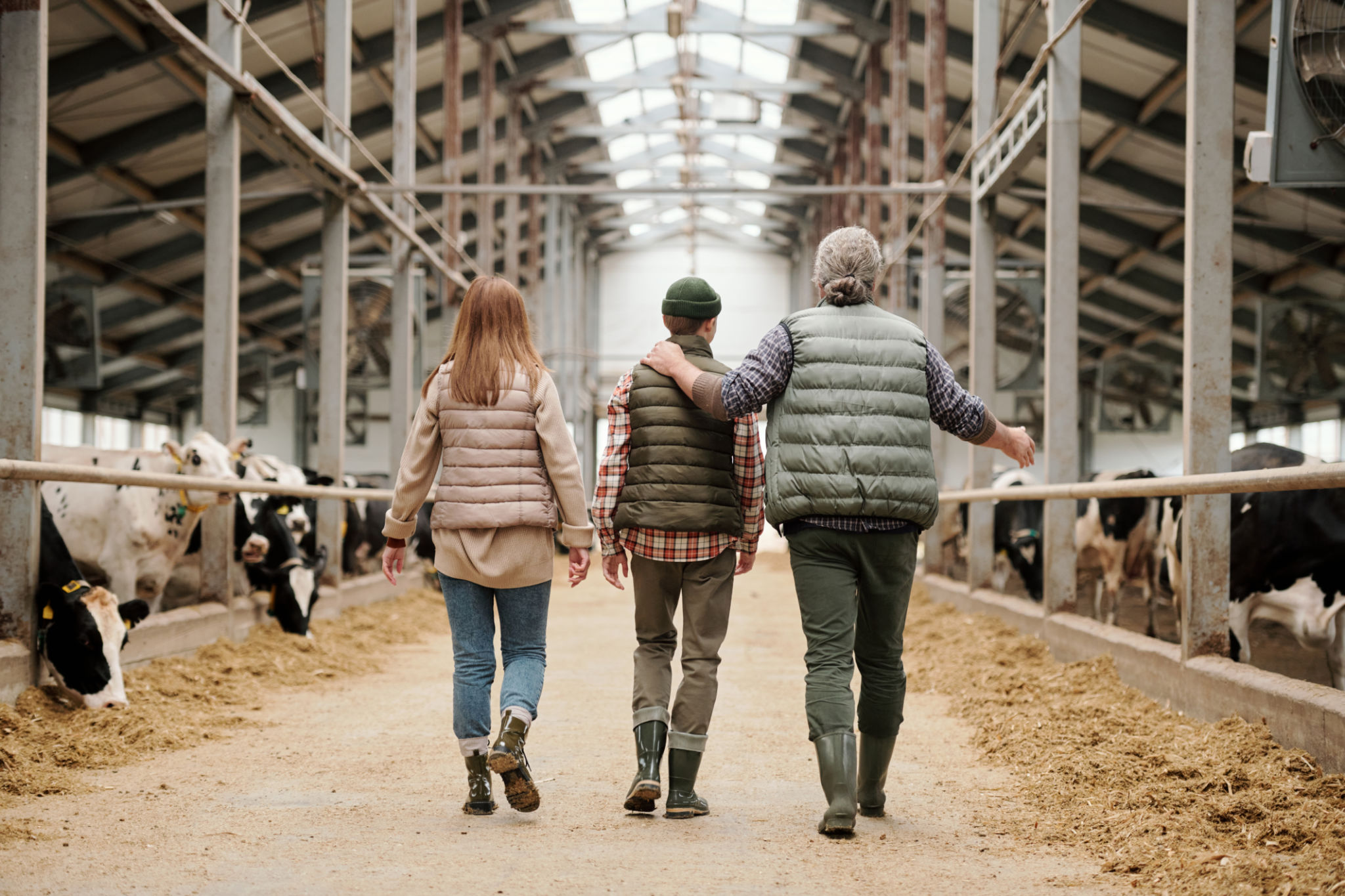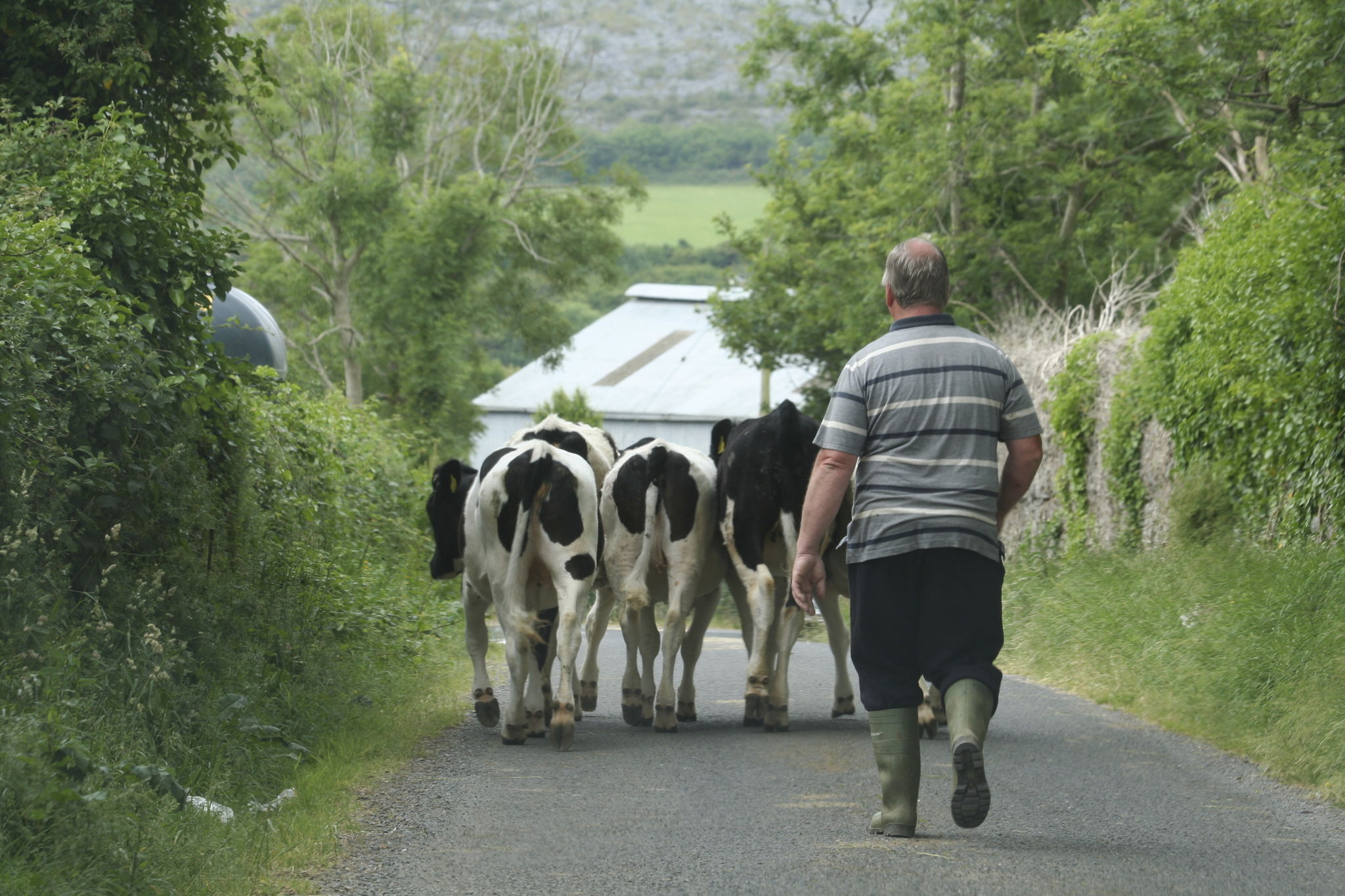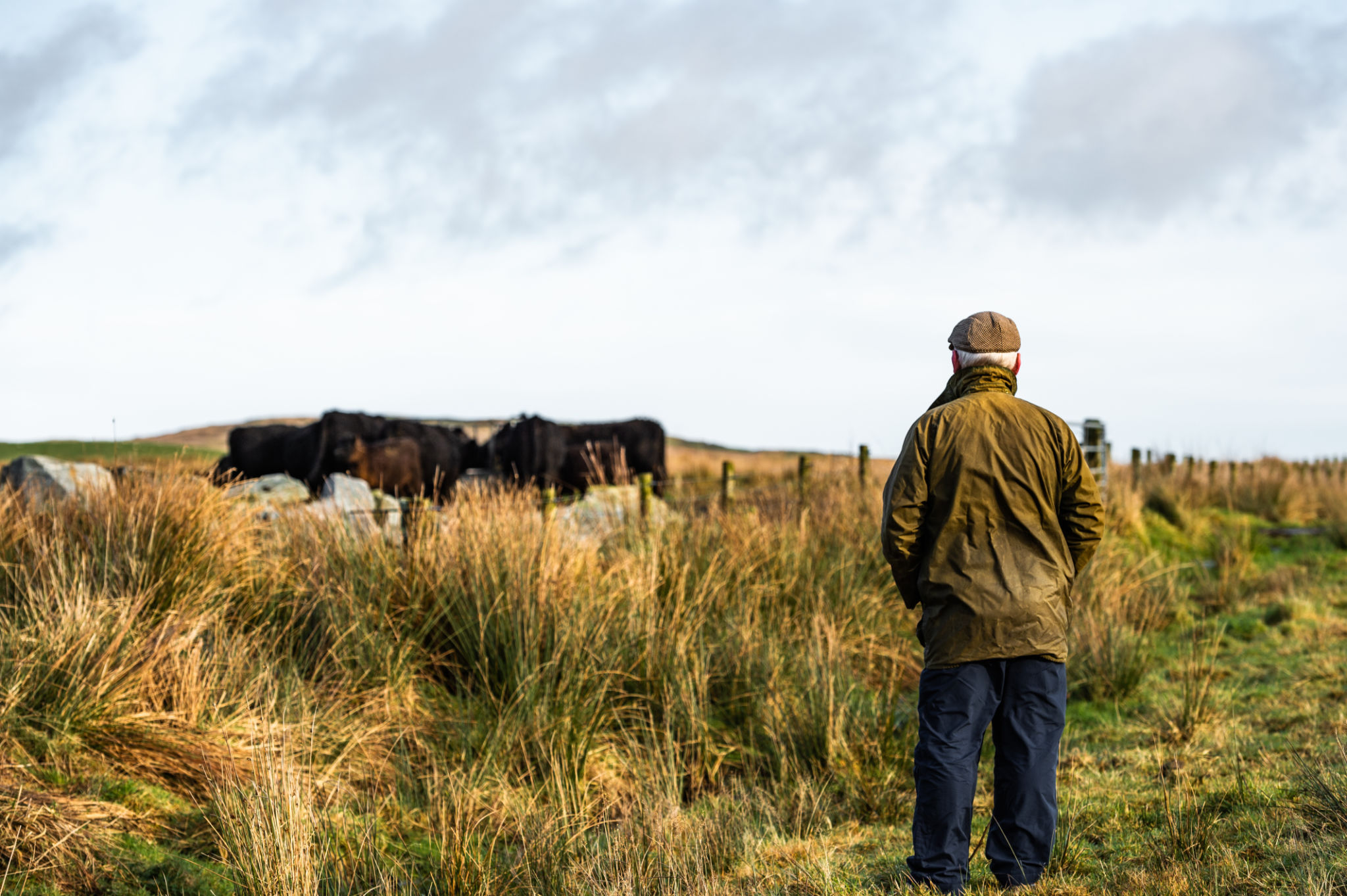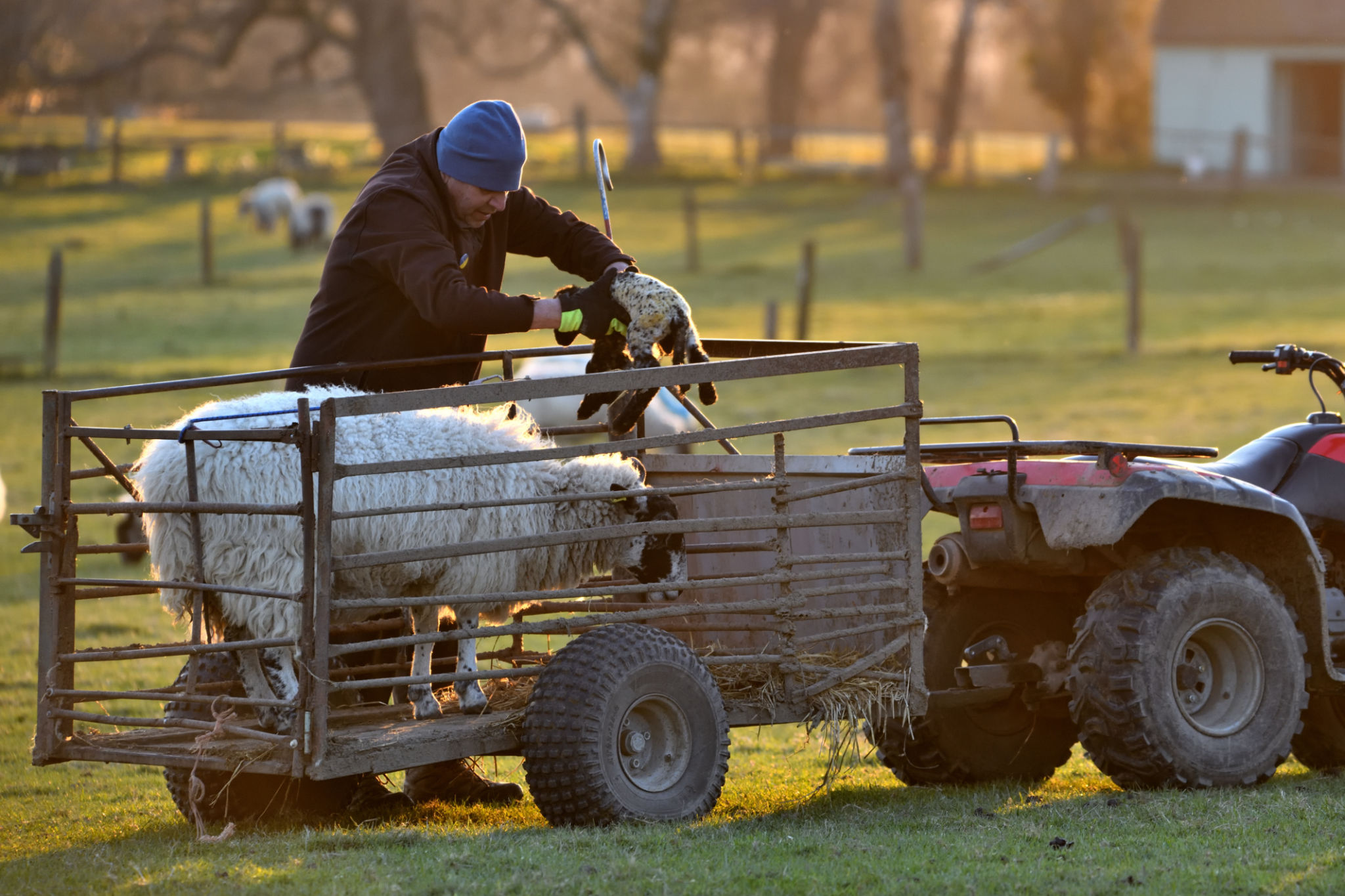The Rise of Part-Time Farming: Juggling Farm, Family, and Careers
Introduction
It’s just after 8am, the cattle are fed, the kids are half-dressed for school, and you’ve ten minutes to eat something before the drive to work. It’s not glamorous, it’s not leisurely, but it’s life for a growing number of Irish farmers today.
The part-time farmer isn’t a passing phase. It’s fast becoming the face of modern agriculture. Nearly 60% of farmers now rely on some form of off-farm income just to keep things afloat. And while that might surprise some, for those living it, it’s simply what has to be done.

Farming Doesn’t Always Pay the Bills Anymore
Farming, especially on small or family-run places, often isn’t enough to keep things going on its own anymore. Incomes have taken a serious hit in recent years. For a lot of farmers, what used to be a full-time livelihood now barely brings in €20,000 a year, and that’s before you deal with the rest of life’s costs.
Fertiliser prices more than doubled not so long ago. Feed costs went up. Everything from diesel to fencing has crept higher. Even with some prices coming down a bit, the damage was already done. Add in unpredictable weather and tighter rules, and even the best-run farms are feeling the squeeze.
It’s no surprise then that nearly half of all farmers now have jobs off the land-driving school buses, working in shops, fixing machinery, or pulling pints in the local in the evening. It’s not about walking away from farming. It’s about holding it all together, doing what needs to be done to keep the place running and the lights on. Because right now, farming alone often just doesn’t cut it.

The Mental Load: Invisible, But Heavy
There's a silent weight that comes with this kind of life. It’s the exhaustion that creeps in when you’re constantly “on the go”, with no clean cut between jobs. The worry of being stretched too thin, of not doing enough on the farm, in the workplace, at home.
Many part-time farmers don’t feel seen. They're not at the mart as much, not at meetings, often missing out on schemes or updates. And that invisibility can gnaw away at you, especially when your role in the agri-community starts to feel conditional.
Let’s be honest, the toll is real. Mentally, physically, emotionally. This isn’t just a financial balancing act, it’s a personal one, too.

Time Isn’t Just Money—It’s the Biggest Struggle of All
For many part-time farmers, the biggest resource in short supply isn’t money, it’s time. When you’re working off-farm all day and farming in the margins—early mornings, late evenings, weekends—you’re constantly racing the clock. Routine jobs like dosing, fencing or moving cattle become logistical puzzles. A vet visit has to be booked around work shifts. Machinery breakdowns don’t care about deadlines.
It’s not just physical exhaustion, it’s mental overload. Planning becomes a constant juggling act, where one small disruption can set everything off course. And all too often, something has to give—be it social life, self-care, or sleep.
It’s not about poor planning or laziness. It’s about being caught in a system that demands full-time input from farmers who can’t afford to give it. Until we start designing policies and supports that reflect that reality, we’ll keep losing good people to burnout and breakdown.

Family Life on the Margins
When farming becomes a second job, family time often becomes the third. Weekends turn into catch-up sessions—repairs, paperwork, meal prepping for the week ahead. Evenings are a blur of homework, stock checks, and making sure everyone has clean socks for the morning. There’s little room for rest, never mind spontaneity.
The guilt can be fierce, missing matches, skipping school pickups, forgetting anniversaries. It’s not that farmers don’t care. It’s that the clock never stops, and something always needs doing. Farming has always been a family affair, but for part-time farmers, family life can end up running on leftovers, leftover time, leftover energy, leftover attention.
Still, the love for the land runs deep. And many keep going not in spite of their family, but because of them, holding out hope that one day, the balance might tilt back in their favour.

Conclusion
Part-time farming isn’t failure, it’s resilience. It’s doing what needs to be done to keep the place going, the family cared for, and the lights on. But that constant juggling comes at a cost; physically, mentally, emotionally. Many farmers are burning out quietly, feeling invisible and stretched to breaking point. If that sounds familiar, know this: you’re not alone, and you don’t have to carry it all in silence.
Talk to someone. Reach out to family, friends, a colleague, or us here at the Informed Farmer. Support is there, and asking for it is a sign of strength, not weakness.
You’re not just running a farml, you’re carrying a future, and that deserves to be recognised.
*By Anne Hayden MSc., Founder, The Informed Farmer Consultancy.
